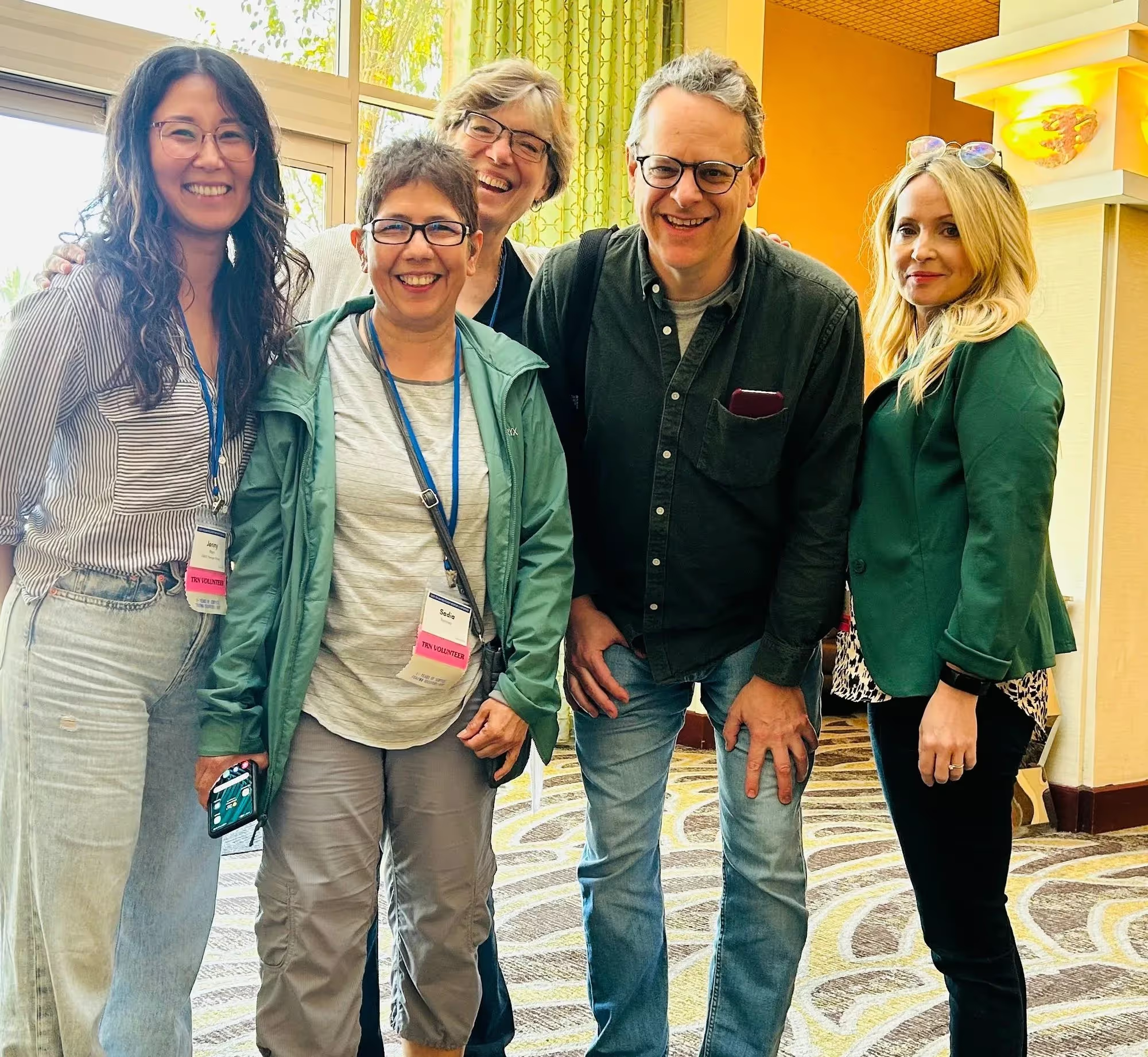Feelings Are Role Modeled by Caregivers
If you grew up in a home where your caregiver raged at you or stonewalled you, you likely believed as a child that you were responsible for your caregiver’s anger or emotions.
- Functional adults, however, take responsibility for their own feelings.
- They don’t rage at others, gossip, or align people against the one who upset them.
- They don’t send nasty emails or post vengeful messages online.
- They own their emotions and manage them in healthy ways.
Children, on the other hand, often act their feelings out on others. Functional adults do not.
Support for Adult Children
If you believe you are an Adult Child, support groups like ACOA (Adult Children of Alcoholics and Dysfunctional Families) or CODA (Codependents Anonymous) provide tools to help regulate feelings and build healthier emotional responses.
Understanding the Role of Anger
To take responsibility for feelings, it helps to understand their purpose.
Anger, for example, has important jobs:
A) To right an unjust act
B) To protect us from fear
C) To protect us from hurt
D) To help us meet a goal
Questions to Ask When You’re Angry
The next time you feel angry and justified in taking it out on someone, pause and ask yourself:
- Am I hurt?
- What am I afraid of?
- Am I frustrated because I can’t meet a goal? (e.g., road rage)
- Am I seeking justice, and how can I pursue this constructively?
How Anger Protects Us
- Survival: Anger activates fight-flight when facing danger (fire, attack, wild animal).
- Boundaries: Anger helps us distance ourselves from bullies or harmful people.
- Justice: Anger motivates us to fight injustice (e.g., civil rights movements).
The key is not to blame or attack but to ask:
👉 What boundary do I need to set so that this doesn’t happen again?
This prevents the blame game and promotes self-responsibility.
Healing Emotional EQ After Childhood Trauma
If you are an Adult Child, learning to take responsibility for your feelings will not be easy—but it is possible. With patience, practice, and the right support, you can grow into emotional maturity.
EMDR therapy is one effective way to heal childhood trauma, reprocess painful memories, and strengthen your capacity for emotional regulation.
.webp)
.svg)




